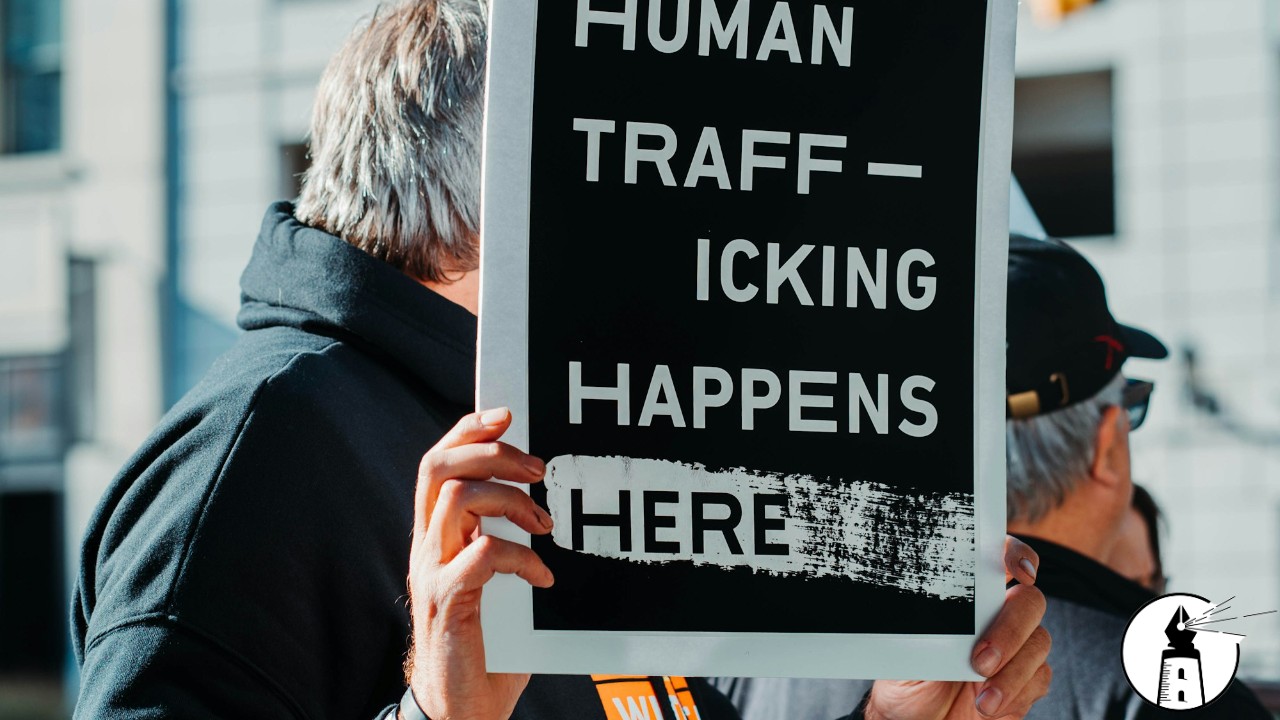On August 28, 2024, a federal judge in Phoenix, Arizona, sentenced Michael Lacey, co-founder of the controversial classified site Backpage, to five years in prison and imposed a $3 million fine for a single count of money laundering. The sentencing marked a significant, yet complex, chapter in the ongoing legal battles surrounding Backpage, a website accused of profiting from prostitution under the guise of legitimate classified ads.
Backpage, once the second-largest classified ad site in the United States, was launched in 2004 and generated an estimated $500 million in revenue linked to prostitution. Authorities allege that the site facilitated these illegal activities while presenting itself as a legitimate business. The site’s operations came to an abrupt halt in 2018 when the government seized its assets and shut it down.
Michael Lacey, along with his co-founders and executives, faced a multitude of charges in connection with the site’s operations. In 2023, Lacey was convicted of money laundering but was acquitted or had charges dismissed on many other counts due to insufficient evidence. Despite this, Lacey still faces around 30 additional charges related to prostitution facilitation and money laundering, with prosecutors vowing to retry him on these charges.
U.S. District Judge Diane Humetewa presided over the sentencing, delivering a five-year prison term for Lacey, despite his defense team’s arguments for probation. Lacey, now 76, had claimed that he was primarily focused on running an alternative newspaper chain and had little involvement in the day-to-day operations of Backpage. However, Judge Humetewa was unswayed, stating that Lacey was aware of the illegal activities on the site but did nothing to stop them.
“In the face of all this, you held fast. You didn’t do a thing,” Humetewa remarked during the sentencing.
Two other Backpage executives, Chief Financial Officer John Brunst and Executive Vice President Scott Spear, were also sentenced on the same day. Both received ten-year prison sentences and fines, reflecting the seriousness of their involvement in the site’s operations. The judge ordered all three men to report to federal prison within two weeks and imposed a three-year probation period following their prison terms.
Despite the convictions, the legal battles are far from over. Lacey, Brunst, and Spear are all expected to appeal their sentences, and the prosecution plans to retry Lacey on the remaining charges. Former Backpage CEO Carl Ferrer, who pleaded guilty to multiple charges, still awaits sentencing. The fallout from the Backpage scandal continues to reverberate, with the potential for more legal proceedings in the future.
Backpage’s other co-founder, Jim Larkin, was scheduled to stand trial alongside Lacey, but tragically, he took his own life in 2023, just days before the trial was set to begin.
The Backpage saga serves as a stark reminder of the complexities involved in cases where technology intersects with criminal activity. While Lacey and his co-defendants have been held accountable for their roles in the site’s operations, for now, the broader implications of the case, both for law enforcement and for the individuals affected by the site’s activities, remain significant.
The final chapter in the Backpage story has yet to be written, but its impact on the legal landscape and on the lives of countless individuals is already fathomless.
—By Greg Collier



